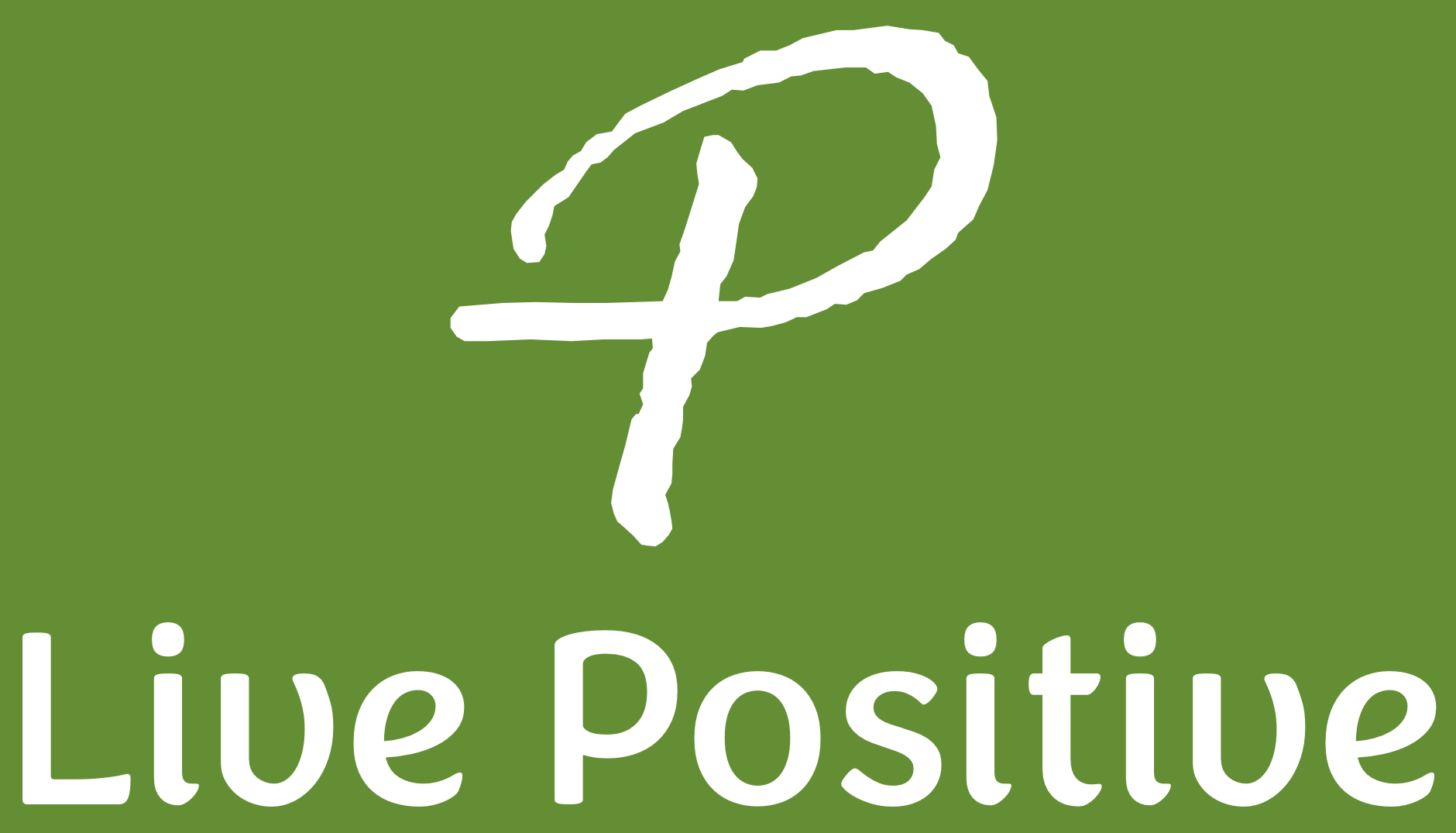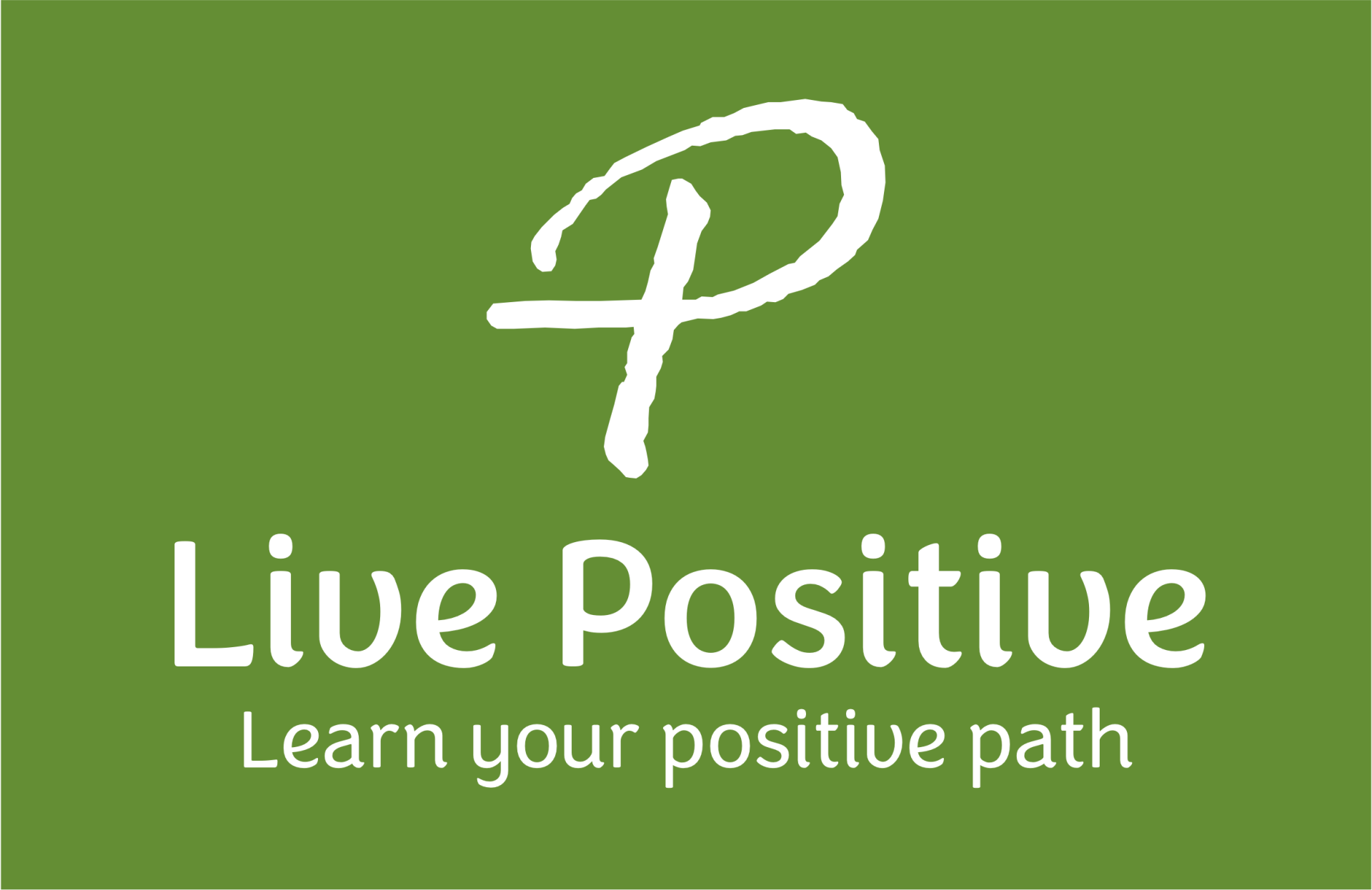The Beginning of a journey to lifelong happiness. Meet yourself!
Have you ever wondered what being truly happy is? Try defining happiness to yourself. You will probably come up with ideas such as positive emotions, elation, fun and laughter, peace etc. Aristotle’s version of happiness is “living an exemplary life”, “being true to oneself”. and “a good and fulfilling way of life”. Now you may have lost count of all the time you have seen these mantras on graffiti walls or read them in a postcard or in self-help books. The thing is, it goes much deeper than that. Aristotle’s version of happiness is called eudaimonia which is of the unbreakable sort. Eudemonic happiness is resistant, loyal, and never lets you down.
Once you truly understand the concept of eudaimonia, you are on your way to a more purposeful path where you can live with greater life satisfaction. Don’t be intimidated by the fancy wording. It took me a good few years of studying and research to understand the state of eudaimonia myself. But what I found was that to arrive at this eudemonic state, you need to make the journey. You see, we are all so involved and overwhelmed with everything that happens around us that we have lost sight of our own strengths. In fact, we take them for granted. How fair is that to you as the carrier of all that goodness?! Don’t you want to reap the benefits of all the carrying that your are doing? Or are you really going to let all of that goodness go to waste? Well, all you have to do is remember that you are carrying 6 virtues and 24 strengths with you at any one time.
Ok, easier said than done. It takes more than just knowing to fix anything. But that’s where the journey begins. The longest part of this journey is spending time to reflect on who you are and who you want to be. That is, how are you going to bring out the better version of yourself. You know… the one whose life has purpose, the one who takes pride in all engagements, the one who values relationships with his/her social circle, the one whose life has meaning in all its aspects, and the one whose accomplishments speak for themselves.
So yes, it’s not that easy because while you’re trying to be all of that, you are also likely to encounter unexpected obstacles, challenges and all sorts of adversities, big and small, and some of them may even throw you off your path by making you forget the load of strengths and virtues that you haved in the toolkit you are carrying around. It’s so easy to fall into that trap because those adversities speak much louder than your inner voice. They make you anxious, weary, confused, perplexed, sad, angry, frustrated and all of that can set you back again and again. But what if you drown out that noise to call upon your strengths to help you in time of need? Which strength would you call upon first? Wisdom? Patience?
Here's the thing. All our choices, actions, and reactions are the result of whatever our thoughts and emotions are telling us. So if you were to activate one of your strengths when it matters the most, it is most likely to be self-regulation. Personally, I think whatever we do starts with will lead us to self-regulation anyway. To me self-regulation is the underlying strength to whatever comes next in form of action or reaction.
Here’s the analogy. Imagine that you are driving on a busy highway with cars swooshing past you, overtaking you, tale gaiting you or just driving dangerously slow in a high-speed lane. If you want to get from A to B safely and more importantly, happily, you will need to use your brake and acceleration pedal as and when needed to avoid potential accidents. Those two pedals are your regulatory mechanisms, much the same as your own emotional and cognitive mechanism which serve a purpose. All the other cars are adversities. It’s up to you to decide which pedal you might want to use to get you to where you want to be next right up until you reach your destination. Now imagine that you’re running late for a meeting, and you need to activate your prudence. Once again, your pedals will give you the control you need to do that. That’s why I think self-regulation is one of the most important strengths when it comes to activating your strengths so that you can maintain eudemonic happiness. Without it, you can’t assess what action or reaction would be most effective in response to the adversity you might be experiencing.
What’s interesting is that self-regulation is not a novel concept. In fact, it goes back thousands of years. Confucian philosophy promotes virtues as a humanising factor, making those who lack senses (mental and emotional) unable to evaluate right from wrong, or good from bad. The ancient Greeks saw it as “deficiency of the will”, akrasia, like for those who can’t control temptations or impulses. Ultimately, both schools of thoughts were saying the same thing but while the Confucians thought of self-regulation as an innate ability, the Greeks saw it as something we develop over time. I tend to lean on the latter. But I also see another underlying factor to this strength. Perspective, the angle from which you see yourself and/or your environment. There is no right or wrong. We are merely the product of our knowledge, experiences, and values. They give us perspective and it is that which will determine how we use our self-regulation.
So here’s the challenge. The next time you find yourself eating more than you should, spending far too long at the beach without sunscreen, or find yourself doing some impulsive shopping, think about where that strength was and what made you do what you did? You know you have the strength. It just wasn’t doing its job because it can be a lazy strength that can go dormant for one minute to the next. And yes, as exhausting as it may be to keep it active, it’s needed. See for yourself!


